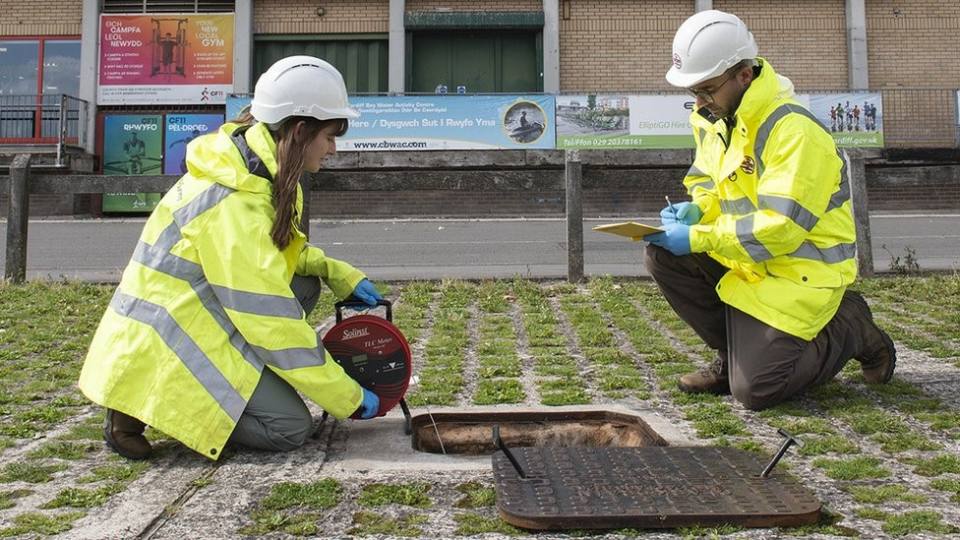The Cardiff Urban Geo Observatory: ‘a city-scale observatory for city-scale challenges’
Heat recovery and storage in the urban subsurface could offer part of the solution to decarbonise energy supplies.
02/03/2021 By BGS Press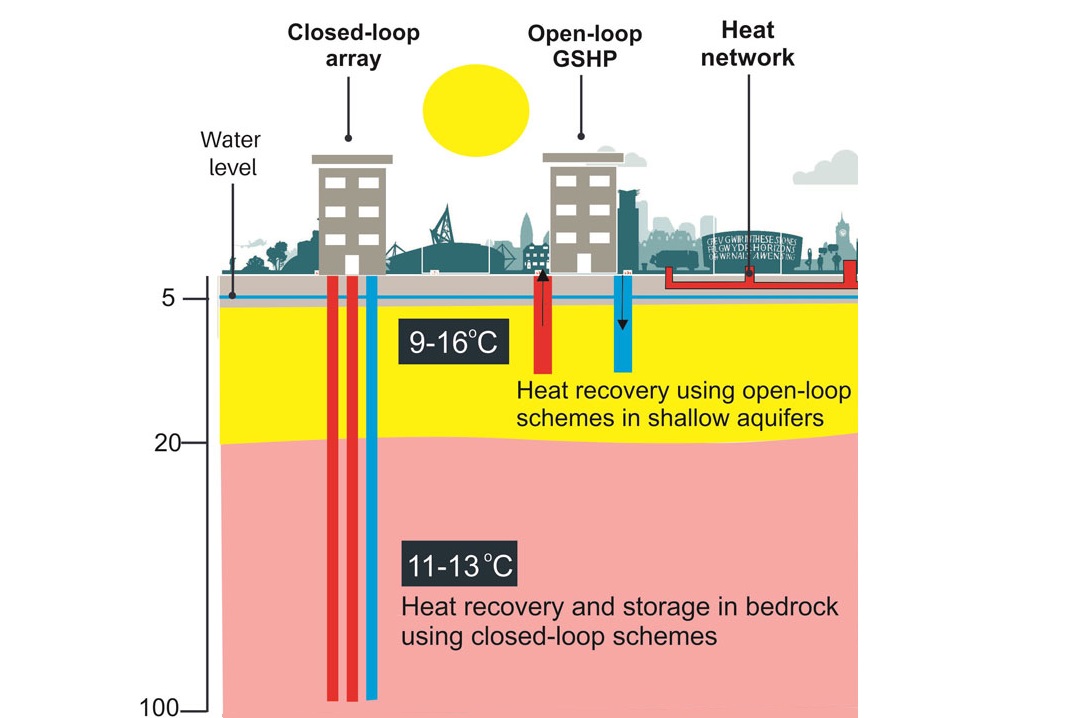
Focused on shallow, urban groundwater systems, the Cardiff Urban Geo Observatory aims to better understand the challenges of recovering and storing heat in the subsurface, for use as sustainable, low-carbon space heating and cooling in buildings.


Video 1: our role in ground-source heat pump (GSHP) sustainability research at Grangetown Nursery School, Cardiff. BGS © UKRI.
To do this, we created a 3D geological model of Cardiff, which has been used to develop a groundwater model that helps us understand how water and heat move around below the city. To collect the data or the model, we repurposed an existing borehole network owned by the City of Cardiff Council and the Cardiff Harbour Authority, measuring groundwater levels and temperature every 30 minutes. When combined, the models and data will enable us to understand how groundwater can be sustainably used and regulated for heat recovery and storage.
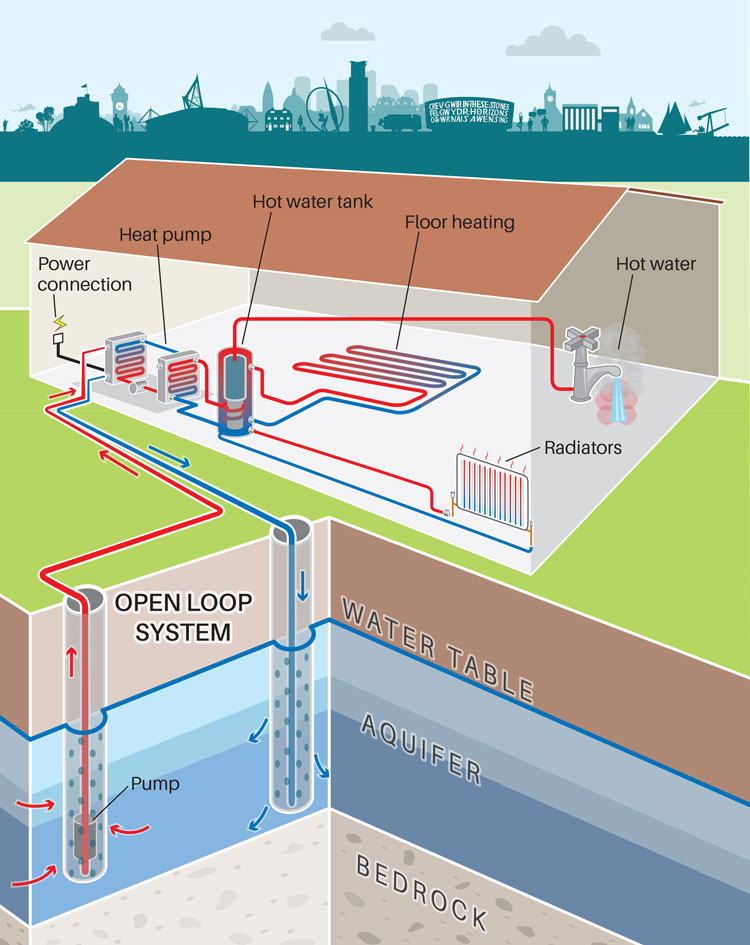
Figure 1: diagram of the open-loop ground-source heat pump scheme, which abstracts water from a shallow aquifer (<20 m) below the ground. BGS © UKRI.
To prove the concept of using shallow, urban aquifers for heat recovery, we installed an open-loop ground-source heat pump at a local nursery school (Video 1 and Figure 1). Groundwater is abstracted from a borehole from a sand and gravel aquifer and passed through a heat exchanger before cooler water is returned to the ground. The recovered heat is used to keep the nursery school warm. This is one of only five open-loop schemes in Wales and the only one in an urban setting.
By repurposing an existing borehole network (Figure 2), we realised significant cost savings and built strong partnerships with the local council that owns the boreholes. The 3D geological model will support ground investigations by the council, supporting the installation of pipework for a high-temperature heat network in Cardiff
Addressing the UN Sustainable Development Goals (SDGs)
![E-WEB-Goal-01[1]](https://www.bgs.ac.uk/wp-content/uploads/2021/01/E-WEB-Goal-011-960x960.png)
Mine-water energy is an opportunity in former coalfield areas that suffer from fuel poverty.
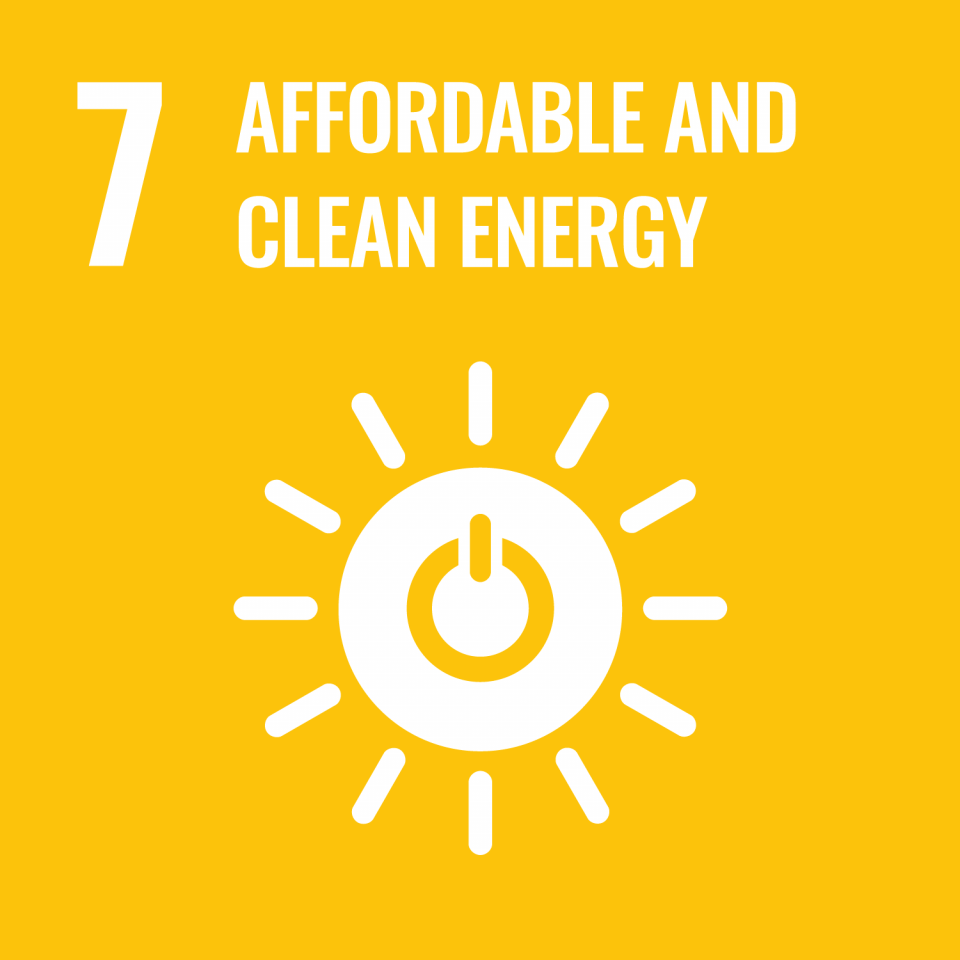
Publicly run, owned and funded, the UK Cardiff Urban Geo Observatory will contribute to world-class science that puts the UK at the forefront of delivering clean energy at the scale required to achieve net zero by 2050.
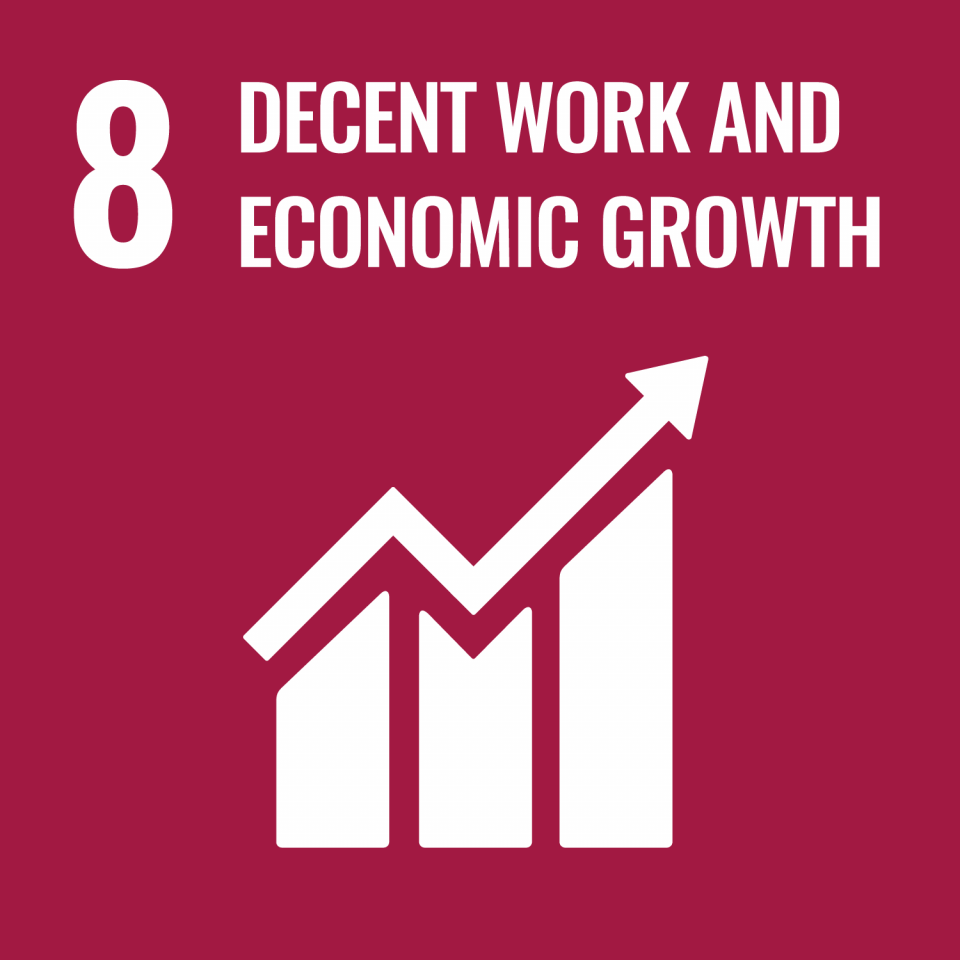
Mine-water energy and research have the potential to stimulate new geoenergy and geoengineering supply chains.
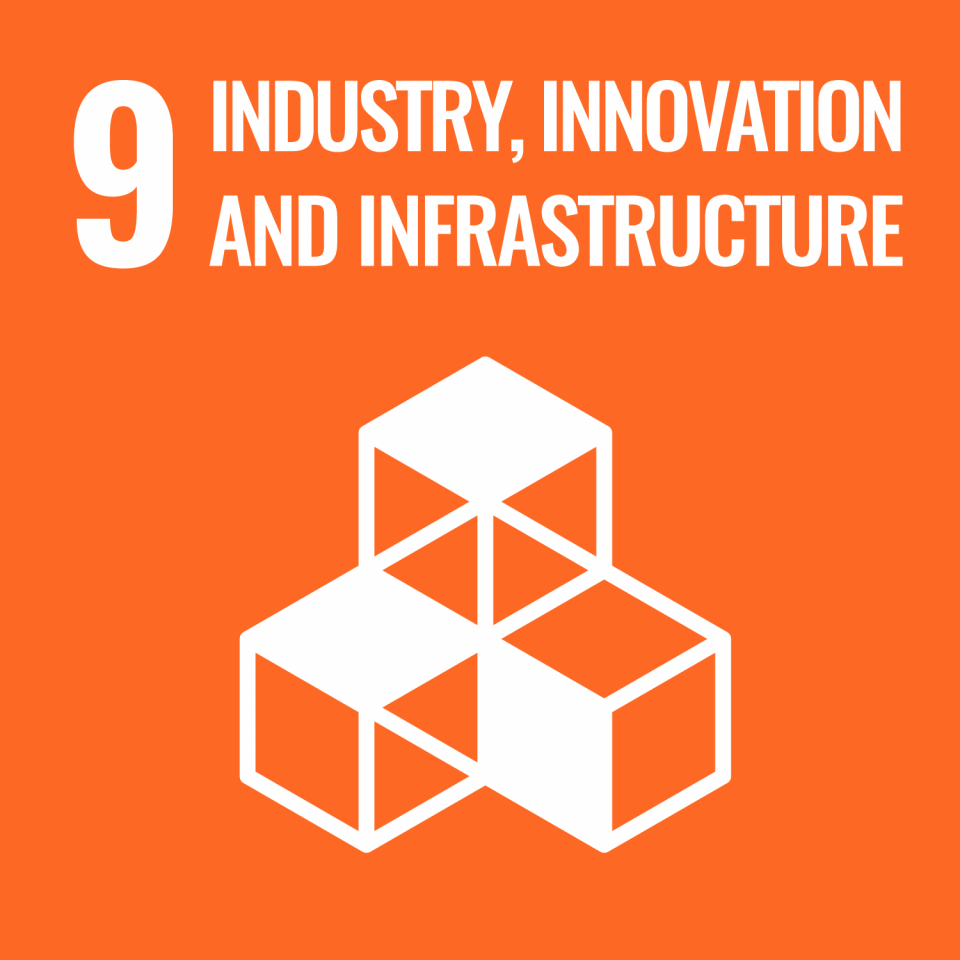
The Cardiff Urban Geo Observatory schemes will enable innovation in tools, sensors and methods to reduce costs and risks.
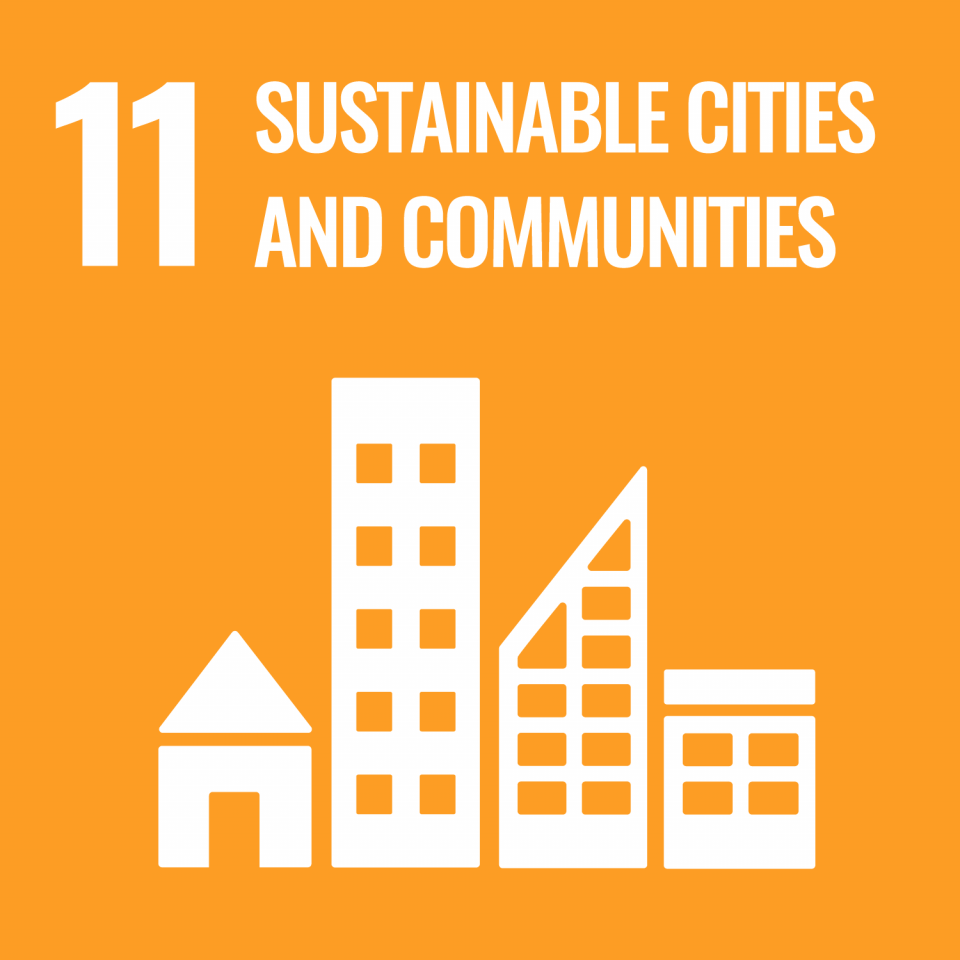
Mine-water energy is commonly located within towns and cities, and could form a baseload or thermal battery for district heating schemes.
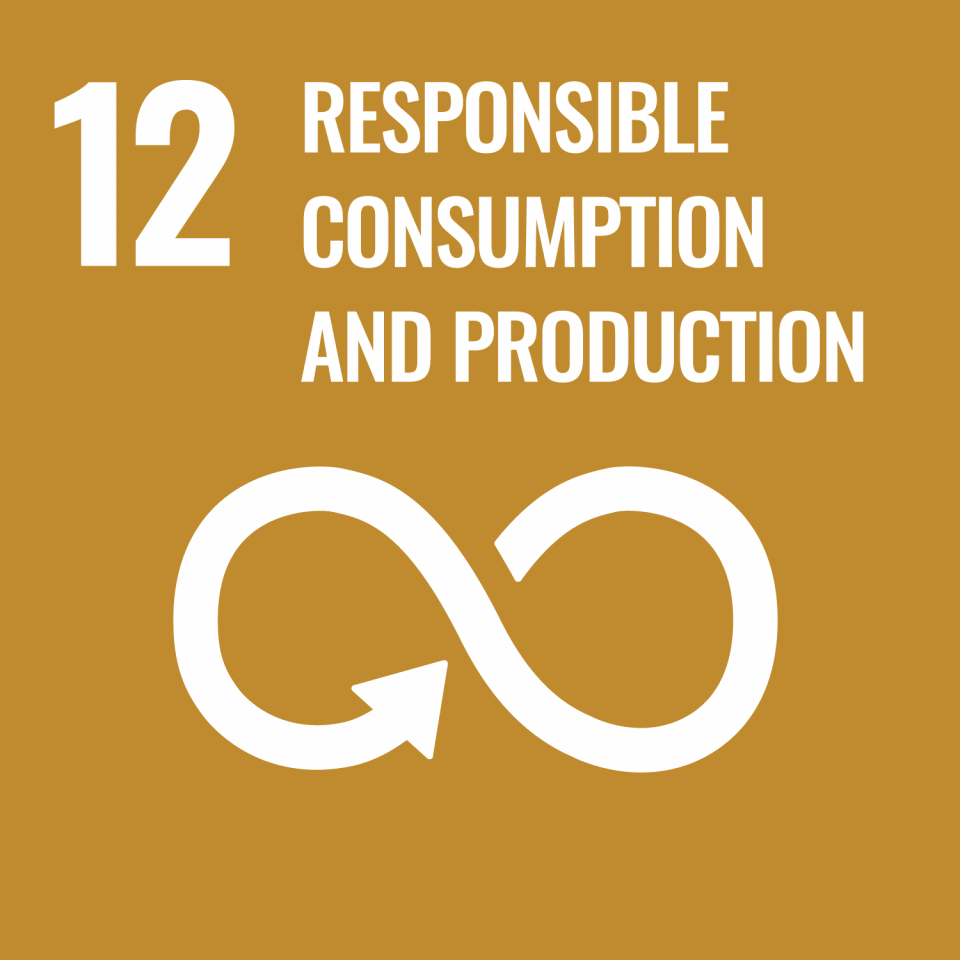
The Cardiff Urban Geo Observatory will reduce uncertainties in the sustainability of mine-water energy resources and environmental management, and provide open, transparent data to all.
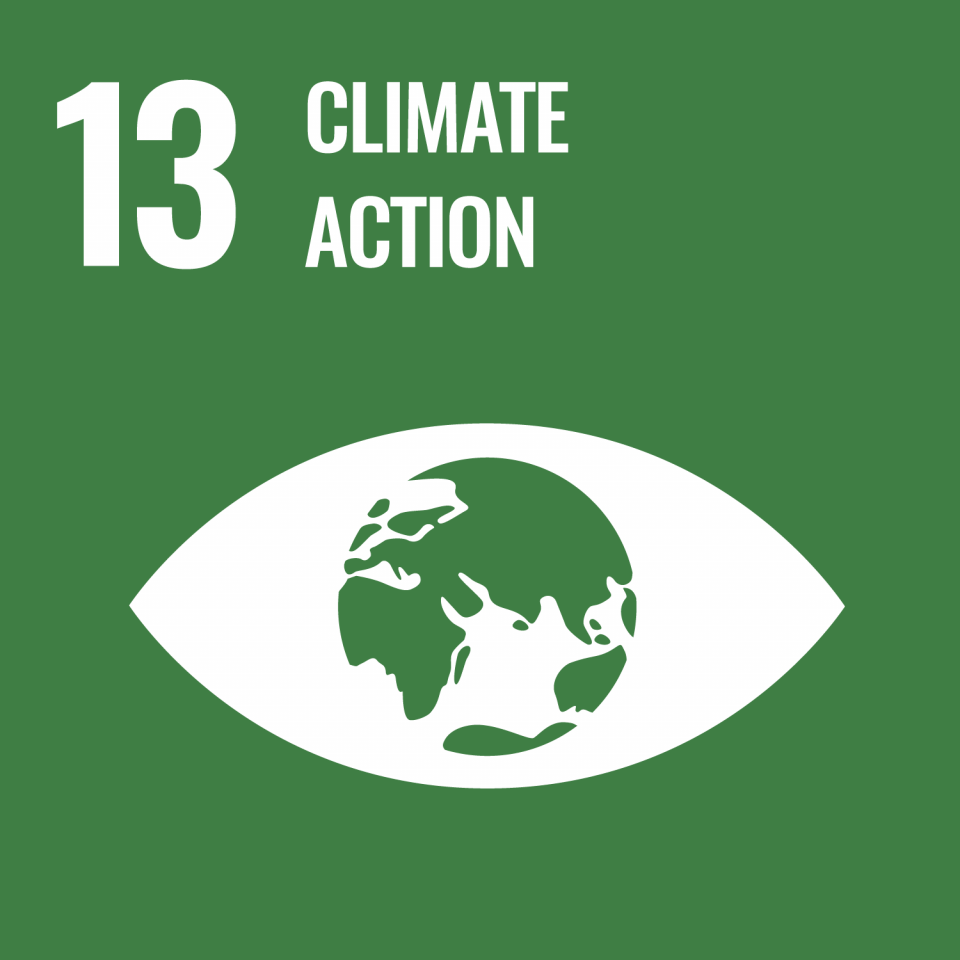
Mine-water energy is part of the decarbonisation of heat and meeting net zero targets. The Cardiff Urban Geo Observatory will greatly increase the evidence base for mine-water energy and reduce uncertainties in the resource sustainability and energy flows.
Follow up work and impacts or impact goals
Working with key local stakeholders, we have shown the benefits of partnership working: by the repurposing of an existing borehole network, we realised significant cost savings and built strong partnerships with the local council that owns the boreholes.
Our 3D geological model, released in 2020, is available to support the council as they undertake ground works for a high-temperature heat network in the city. The geological model and hydrogeological model have enabled us to collaborate with researchers across the world. Our next steps include testing thermal properties of the geological formations below the city to assess the potential of heat storage at depth and calibrating models that tell us how much heat is lost from building basements in the subsurface.
Project partners and funders
- Cardiff Harbour Authority
- City of Cardiff Council
- GeoRA – MUSE project
- InnovateUK
- Alan Turing Institute, Cambridge University
- European Plate Observing System (EPOS)
Further reading
Boon, D P, Farr, G, Abesser, C, Patton, A M, James, D R, Schofield, D I, and Tucker, D G. 2019. Groundwater heat pump feasibility in shallow urban aquifers: experience from Cardiff, UK. Science of the Total Environment, Vol. 697, 133847. DOI: https://doi.org/10.1016/j.scitotenv.2019.133847
Farr, G, Patton, A M, Boon, D P, James, D R, Williams, B, and Schofield, D I. 2017. Mapping shallow urban groundwater temperatures, a case study from Cardiff, UK. Quarterly Journal of Engineering Geology and Hydrogeology, Vol. 50(2), 187–198. DOI: https://doi.org/10.1144/qjegh2016-058
Farr, G, Patton, A M, Boon, D, James, D, Coppell, L, and James, L. 2019. Cardiff Urban Geo-Observatory, Groundwater Temperature Data 2014-2018. [online] British Geological Survey.
Garcia-Gil, A, Goetzl, G, Kłonowski, M, Borović, S, Boon, D, Abesser, C, Janža, M, Herms, I, Petitclerc, E, Erlström, M, Holeček, J, Hunter, T, Vandeweijer, V, Černák, R, Moreno, M, and Epting, J. 2020. Governance of shallow geothermal energy resources. Energy Policy, Vol. 138, 111283. DOI: https://doi.org/10.1016/j.enpol.2020.111283
Kendall, R S, Williams, L R, Patton, A M, and Thorpe, S. 2020. Metadata report for the Cardiff superficial deposits 3D geological model. British Geological Survey Open Report OR/16/031. (Nottingham, UK: British Geological Survey) (Unpublished).
Patton, A M, Farr, G, Boon, D P, James, D R, Williams, B, James, L, Kendall, R, Thorpe, S, Harcombe, G, Schofield, D I, Holden, A, and White, D. 2020. Establishing an urban geo-observatory to support sustainable development of shallow subsurface heat recovery and storage. Quarterly Journal of Engineering Geology and Hydrogeology, Vol. 53(1), 49–61. DOI: https://doi.org/10.1144/qjegh2019-020
Contact
For more information about the Cardiff Urban Geo Observatory please email ukgeosenquiries@bgs.ac.uk.




